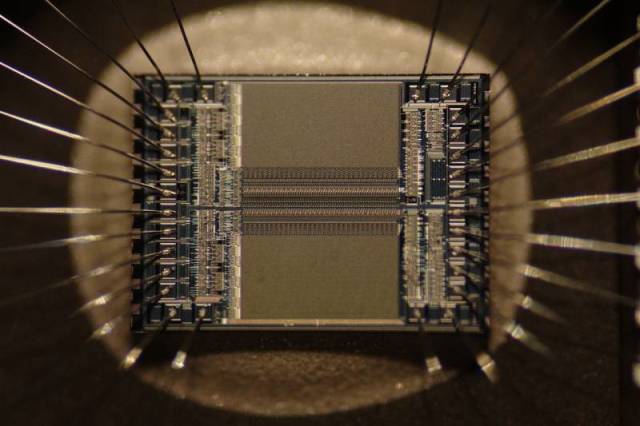
Image source: topwar.ru
Recently, the global semiconductor industry has been facing serious problems. This is written by the British edition of Verdict. According to the author of the publication, there is already a shortage of microcircuits and advanced microprocessors in the world. The trend towards economic nationalism has strengthened during the coronavirus pandemic and has reached its peak now, against the background of events in Ukraine. Now countries do not want to share either advanced technologies or new microprocessors and microcircuits. The publication calls it the "cold war" in the semiconductor industry.
At the same time, there is an increase in competition between the US and China in the semiconductor industry. Now the Celestial Empire is rapidly breaking out into a leading position in the field of artificial intelligence, which implies success in the semiconductor industry. The US is trying to resist this process and impose restrictions on the sale of chips to China, while supporting Taiwan.
For example, on October 7, the United States announced a new set of restrictions on the sale of chips used for artificial intelligence. This led to a drop in the shares of chip manufacturers NVIDIA and AMD. Thus, we see that competition in the industry is only increasing, and states are trying to introduce restrictive measures to prevent technology leakage.
Separately, it is worth noting the influence of geopolitical trends on the semiconductor industry. So, Taiwan still plays a key role in the production of semiconductors. The risk of a Chinese attack on the island is very scary for the United States, because then the supply chains of semiconductors for the needs of American industry may be disrupted. Taiwan now produces 92% of the advanced chips.
On the other hand, China is also experiencing serious inconveniences, since American restrictions prevent Beijing from fully developing the semiconductor industry. The European Union is trying to increase its own production, for which the EU Chip Law was recently adopted, which aims to provide regulatory support for the production of semiconductors.
Thanks to paternalistic measures in the economy, chip manufacturers are scaling up their production in the EU and the USA. For example, back in March 2021, Intel announced investments of up to 80 billion euros in the European Union over the next 10 years. However, at that time there was no exorbitant inflation and high energy prices in the European Union. It was about investments in scientific and technical research and production. In addition, the company plans to open new enterprises in the USA, namely in Arizona, where it is planned to launch two plants.
Smaller players in the market are also opening new enterprises, for example, the Dutch company STMicroelectronics, which is going to invest 730 million euros in the construction of a plant for the production of materials for microchips in Italy. Now construction is also under question, primarily due to the high cost of energy
Also, geopolitical risks remain too significant an obstacle factor for the full development of the semiconductor industry. But there are no trends to change the situation. Rather, competition and rivalry in this area will only increase.
